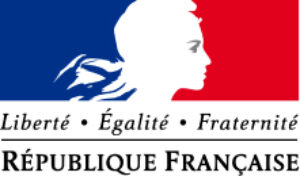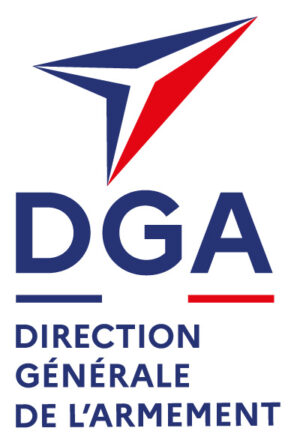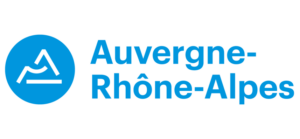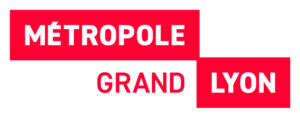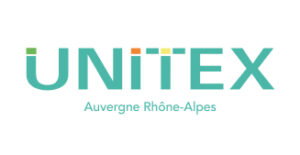
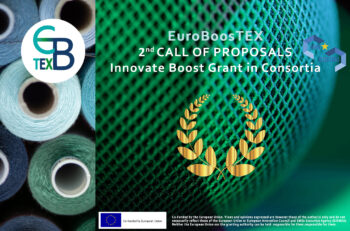
EuroBoosTEX has selected 12 companies for the second “Innovate Boost in Consortia” grant call from 40 eligible proposals from 10 European countries.
Each winner consists of two partners: an innovative textile SME or start-up and an SME specialising in advanced manufacturing. The latter will support the textile company in its transition to digital technology.
Discover the 12 winning projects:
- DOLLFUS & MULLER / Energiency (France)
Reducing the energy footprint of textile and tannery felts
Through the implementation of an analytical tool, Dollfus & Muller aims to identify areas for improvement, optimize resource utilization, and make informed decisions that align with its overarching sustainability goals.
- NOOSA / PHENIX SPORT (Belgium/France)
A sock that never dies
R-SOCK is a collaborative project between NOOSA™ and NOLT, seeking to redefine the sport socks industry by applying circularity to this product. It will set a model for other sectors and contributing to government policies supporting sustainable initiatives.
- TRITURATS LA CANYA / Augusto Bellini (Espagne)
Eco-friendly full traceability fiber markers
The project consists of developing a technical prototype of a traceability solution for textile fibers.
- PAFIL – Confecções / TECH4MED (Portugal)
Eco-friendly flame-retardant textile as a first layer protection
The project’s primary goals are to create an eco-friendly first layer of clothing for professional firefighters, ensuring safety, comfort, and environmental responsibility in textile manufacturing
- Aznar Textil / HILATURAS MIEL (Spain)
Photocatalytic and decontaminating acrylic outdoor fabric
This consortium aims to develop outdoor fabrics solution dyed acrylic (sda) with photocatalytic and decontaminating capacity with high light fastness.
- Technoplants / Trafi Creatività Tessile (Italy)
Automatic sorting of textiles for recycling and creation of new non-woven products
The main objective is the development of an automatic system for the processing of textile waste, to sort and form homogenous material categories able to favour the subsequent reuse/recycling.
- POLISILK/ Sensing Tex (Spain)
Development of an intelligent textile cushion for horse riding
The project Sensing Horse introduces the Sensing Horse smart textile pad, enhancing horseback riding and horse welfare with a focus on data security, advanced textiles, and seamless cloud integration.
- Hilaturas Ferre / Recover Textile Systems (Spain)
Post-consumer recycling: sustainable mode, reinforced European regulatory compliance.
In response to demands from the fashion sector and to boost compliance with European Waste regulations, the PCW2Fashion project aims to develop a collection of innovative yarns from post-consumer waste that would enable circularity programmes to be offered to retailers.
- Malhas Queiroga / MACWIN-TEK (Portugal)
Process digital transition
With this project, Malhas Queiroga Lda aims to develop a software that may allow a 3 levels overview (operational, technical and strategic) of the chain value involved in its process.
- Bromas-Log / Kinema (Italy)
Prototype textile creel with magnetic power supply
The goal of the project is to design, create, and test a prototype of an innovative creel for the textile industry equipped with a new magnetic feeding system.
- TEARFIL – INDÚSTRIA TÊXTIL / IOTECHPIS (Portugal)
Smart Platform for LCA management
The primary goal of the project is to use software development and digital resources to track energy expenses related to manufacturing orders and calculate carbon footprints for the LCA of textile yarns.
- MLS Textiles 1992 / Tecnologías Dim (Spain)
TEX3D Eco-Design: Transforming the Technical Sportswear Textile Industry through Digital Innovation.
TEX3D Eco-Design is an innovative initiative focused on the research and development of an Advanced Process Design and Manufacturing Management System, taking advantage of technologies such as Virtual Reality (VR) and Digital Twins.
The funding granted is aimed at supporting the adoption of processes and technologies by SMEs to ensure greater sustainability and/or connectivity in their value chain.
A sum of €60,000 per project in a consortium of 2 SMEs, i.e. €30,000 per SME, will be allocated to the winners.
Contact: Julie RAFTON-JOLIVET – jrafton@techtera.org
